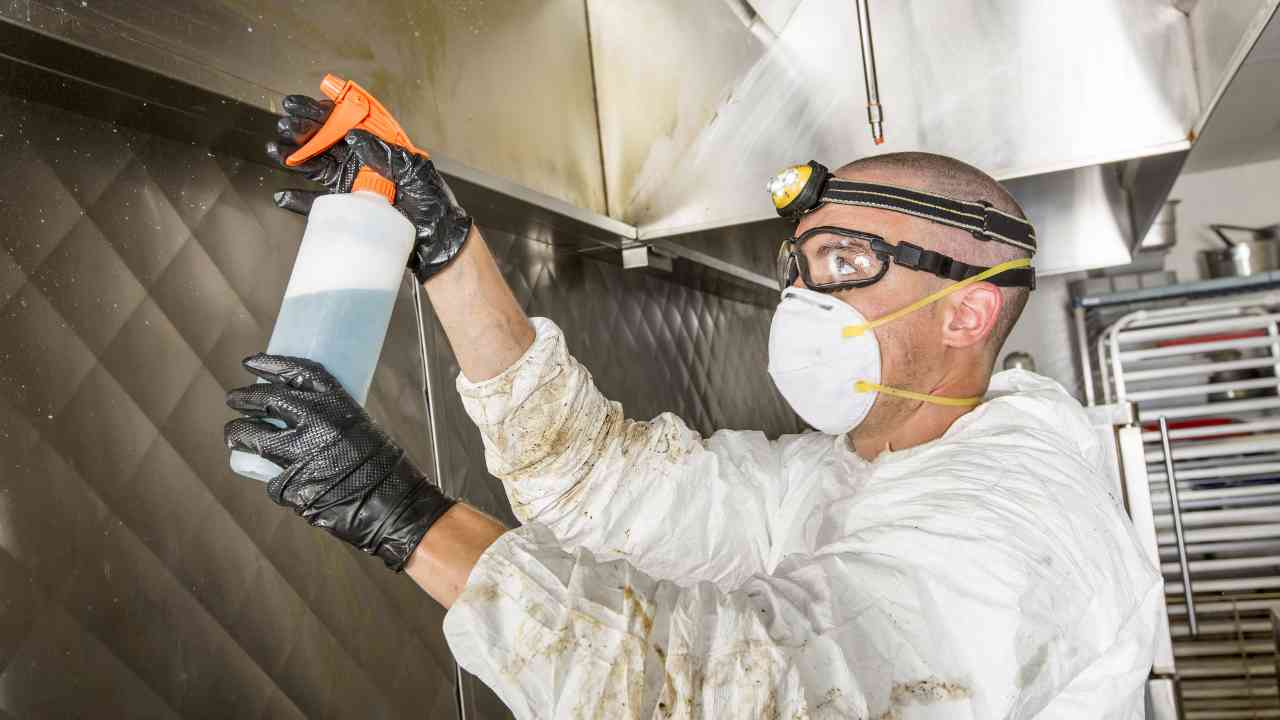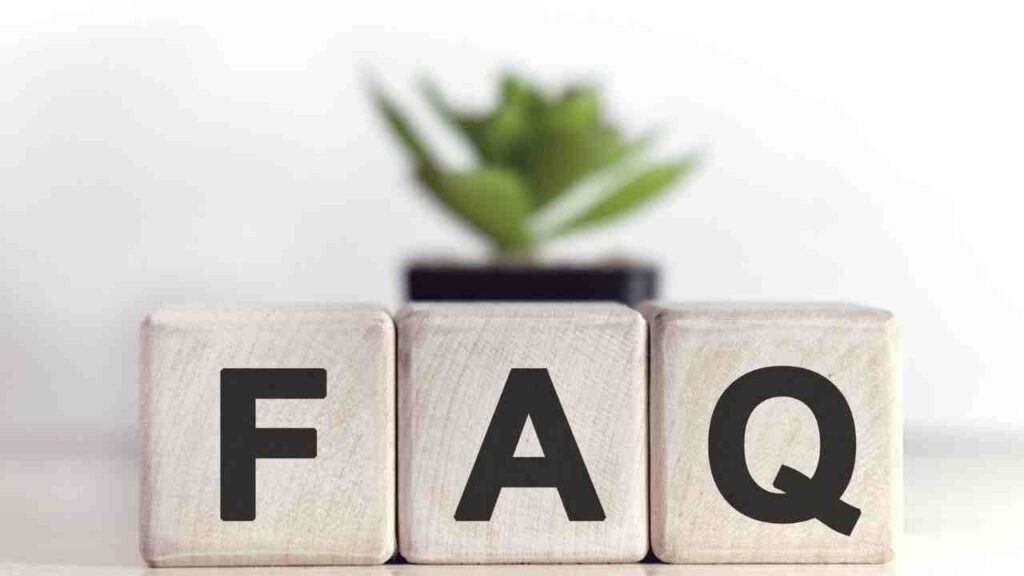Requirements for Kitchen Exhaust Cleaning

Ontario-wide Kitchen Exhaust and Hood Cleaning – Best prices and service guaranteed.
Kitchen exhaust cleaning is an essential maintenance task for any commercial kitchen. It involves the removal of grease, oil, and other contaminants from the exhaust system to ensure the safety and efficiency of the kitchen. In this article, we will explore the requirements for kitchen exhaust cleaning, including the importance of regular cleaning, industry standards, and the consequences of neglecting this crucial task.
The Importance of Regular Kitchen Exhaust Cleaning
Regular kitchen exhaust cleaning is vital for several reasons:
- Fire Prevention: Grease buildup in the exhaust system can pose a significant fire hazard. According to the National Fire Protection Association (NFPA), nearly one-third of restaurant fires are caused by grease buildup in the kitchen exhaust system. Regular cleaning helps remove this flammable material and reduces the risk of fire.
- Air Quality: A properly cleaned exhaust system improves indoor air quality by removing smoke, odors, and other pollutants. This is crucial for the health and comfort of both kitchen staff and customers.
Ontario-wide Kitchen Exhaust and Hood Cleaning – Best prices and service guaranteed.
- Energy Efficiency: A clean exhaust system allows air to flow freely, improving the efficiency of the ventilation system. This, in turn, reduces energy consumption and lowers utility costs.
- Compliance with Regulations: Many jurisdictions have specific regulations and codes that require regular kitchen exhaust cleaning. Failure to comply with these regulations can result in fines, penalties, and even closure of the establishment.
Industry Standards for Kitchen Exhaust Cleaning
The kitchen exhaust cleaning industry follows specific standards and guidelines to ensure the effectiveness and safety of the cleaning process. The most widely recognized standard is the National Fire Protection Association (NFPA) Standard 96: Standard for Ventilation Control and Fire Protection of Commercial Cooking Operations.
NFPA 96 provides comprehensive guidelines for the design, installation, operation, inspection, and maintenance of commercial cooking operations, including kitchen exhaust systems. It outlines the minimum requirements for kitchen exhaust cleaning and the frequency at which it should be performed.
Ontario-wide Kitchen Exhaust and Hood Cleaning – Best prices and service guaranteed.
According to NFPA 96, the frequency of kitchen exhaust cleaning depends on the type of cooking operation:
- Monthly Cleaning: Systems serving solid fuel cooking operations, such as wood or charcoal, require monthly cleaning.
- Quarterly Cleaning: Systems serving high-volume cooking operations, such as 24-hour cooking, require quarterly cleaning.
- Semi-Annual Cleaning: Systems serving moderate-volume cooking operations, such as seasonal businesses or churches, require semi-annual cleaning.
- Annual Cleaning: Systems serving low-volume cooking operations, such as day camps or senior centers, require annual cleaning.
It is important to note that these are minimum requirements, and additional cleaning may be necessary based on the specific conditions of the kitchen and the exhaust system.
Ontario-wide Kitchen Exhaust and Hood Cleaning – Best prices and service guaranteed.
The Consequences of Neglecting Kitchen Exhaust Cleaning
Neglecting kitchen exhaust cleaning can have severe consequences for both the establishment and its occupants:
- Fire Hazard: As mentioned earlier, grease buildup in the exhaust system can lead to a significant fire hazard. A single spark or high temperature can ignite the accumulated grease, resulting in a potentially devastating fire that can quickly spread throughout the kitchen and the entire building.
- Health Risks: A dirty exhaust system can contribute to poor indoor air quality, leading to respiratory issues, allergies, and other health problems for both employees and customers. The presence of smoke, odors, and pollutants can also negatively impact the dining experience.
- Legal Consequences: Failure to comply with local regulations and industry standards regarding kitchen exhaust cleaning can result in legal consequences. Fines, penalties, and closure of the establishment are possible outcomes, which can have a significant financial and reputational impact.
- Increased Maintenance Costs: Neglecting kitchen exhaust cleaning can lead to increased maintenance costs in the long run. The buildup of grease and other contaminants can cause damage to the exhaust system, resulting in the need for repairs or even replacement. Regular cleaning helps prevent such costly issues.
Ontario-wide Kitchen Exhaust and Hood Cleaning – Best prices and service guaranteed.
Kitchen exhaust cleaning is a crucial requirement for any commercial kitchen. Regular cleaning helps prevent fire hazards, improves air quality, enhances energy efficiency, and ensures compliance with regulations. The industry follows standards such as NFPA 96 to determine the frequency of cleaning based on the type of cooking operation. Neglecting kitchen exhaust cleaning can have severe consequences, including fire hazards, health risks, legal consequences, and increased maintenance costs. It is essential for establishments to prioritize regular kitchen exhaust cleaning to maintain a safe and efficient kitchen environment.
Learn more about “The Benefits of Kitchen Exhaust Cleaning” here.
Frequently asked questions about Requirements for Kitchen Exhaust Cleaning

What are the requirements for kitchen exhaust cleaning, and who sets them? 📜🍳
Kitchen exhaust cleaning requirements are established by various regulatory bodies, often at the local, state, or national levels. These regulations are in place to ensure the safety of both kitchen staff and the surrounding environment. While specific requirements can vary based on location, they generally outline the frequency and thoroughness of cleaning needed for different components of the exhaust system, such as hoods, ducts, fans, and filters. Compliance with these requirements helps prevent fire hazards, maintain indoor air quality, and promote safe food handling practices.
How often do I need to clean my kitchen exhaust system to meet the requirements? 🗓️🧽
The frequency of kitchen exhaust cleaning is typically determined by the volume of cooking your establishment conducts. High-volume kitchens, such as busy restaurants, might require cleaning every three months or even more frequently. Lower-volume kitchens might be able to adhere to semi-annual cleaning schedules. It’s crucial to consult the specific regulations in your area to ensure you’re meeting the required cleaning frequency. Regular inspections and maintenance logs can help you track and demonstrate compliance.
Can I perform kitchen exhaust cleaning in-house, or do I need to hire professionals? 👨🍳🛠️
While basic cleaning tasks like wiping surfaces and cleaning filters can be managed by your kitchen staff, thorough exhaust system cleaning is typically best left to professionals. Professional cleaning companies possess the expertise, specialized equipment, and knowledge required to perform comprehensive cleanings that comply with regulations. They can reach areas that are difficult to access and effectively remove stubborn grease buildup, reducing fire risks and maintaining proper ventilation. Investing in professional services ensures a safe and compliant environment.
What documentation do I need to maintain for kitchen exhaust cleaning compliance? 📋🔍
Maintaining proper documentation is essential for demonstrating compliance with kitchen exhaust cleaning requirements. You should keep records of cleaning schedules, methods used, and any professional cleaning services you’ve engaged in. These records should also include dates of inspections, maintenance activities, and any repairs performed. In the event of an inspection, having organized and up-to-date documentation will help showcase your commitment to adhering to regulations and maintaining a safe kitchen environment.
What happens if I don’t meet the requirements for kitchen exhaust cleaning? 🚫🔥
Non-compliance with kitchen exhaust cleaning requirements can lead to serious consequences. First and foremost, the accumulation of grease in exhaust systems increases the risk of fire hazards, potentially resulting in property damage, injuries, or even fatalities. Regulatory authorities can impose fines and penalties on businesses that fail to meet cleaning requirements, affecting your finances and reputation. Additionally, insurance claims might be denied if negligence is proven to be a factor in fire incidents. It’s crucial to prioritize compliance to ensure the safety of your establishment and those within it.
- hood cleaning
- kitchen exhaust cleaning
- Requirements for Kitchen Exhaust Cleaning
- restaurant hood cleaning







